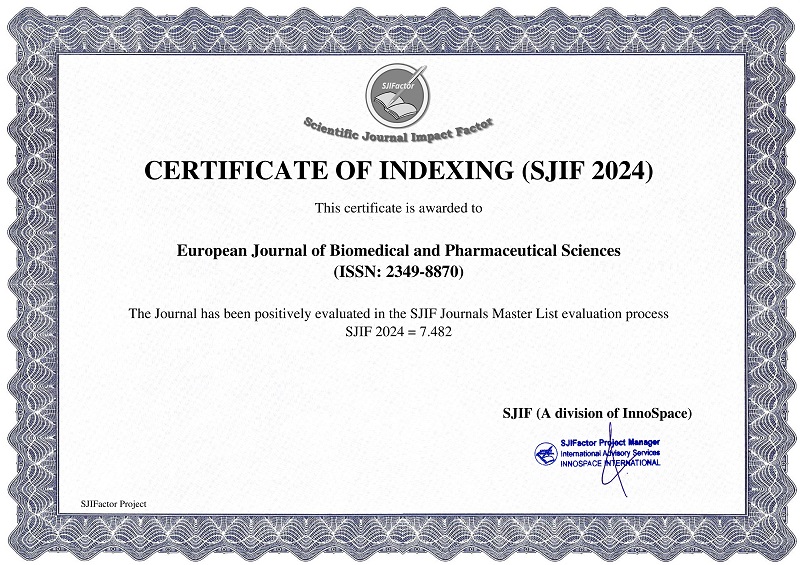IS THE LEVEL OF VITAMIN D AN IMPORTANT FACTOR FOR THE PROGRESSION OF CLINICALLY ISOLATED SYNDROME INTO A DEFINITE MULTIPLE SCLEROSIS?
?elilovi?-Vrani? Jasminka*, Tanovi? Edina, ?ampara-Tiri? Merita and ?ozi? Edina
ABSTRACT
Clinically Isolated Syndrome (CIS) represent the first symptom manifestation that lasts longer than 24 hours and may be a feature of multiple sclerosis (MS). Will this first symptom manifestation progress into the definitive form of MS depends on the environmental factors, but also the genetic factors. One of them is the level of vitamin D. The aim is to analyze the level of vitamin D3 in patients with CIS and monitor their progression into definitive MS. We have analyzed a group of 17 CIS patients from the colder climate area, and a group of 7 patients from the area with warmer climate. Level of vitamin D in the serum was determined, along with brain MRI and liquor examination. The patients were followed during the next 2 years in terms of progression into the definite form of MS. In our study there were more female in both groups, and the age was within younger age groups. Majority of respondents from a colder climate had lower level of vitamin D, as compared to a group from a warmer climate. During a 2-year follow-up period, in the definitive form of MS, from the cold climate group progressed 6 (54.5%) of female, all from the group with decreased vitamin D level and none of the patients from second group from a warmer climate area. The decreased level of vitamin D is a possible predisposition factor for the formation of CIS, but also the progression of CIS into the definitive form of MS.
Keywords: Vitamin D, Clinically Isolated Syndrome (CIS), Multiple Sclerosis (MS).
[Full Text Article]
[Download Certificate]


 Impact Factor : 8.181
Impact Factor : 8.181 






